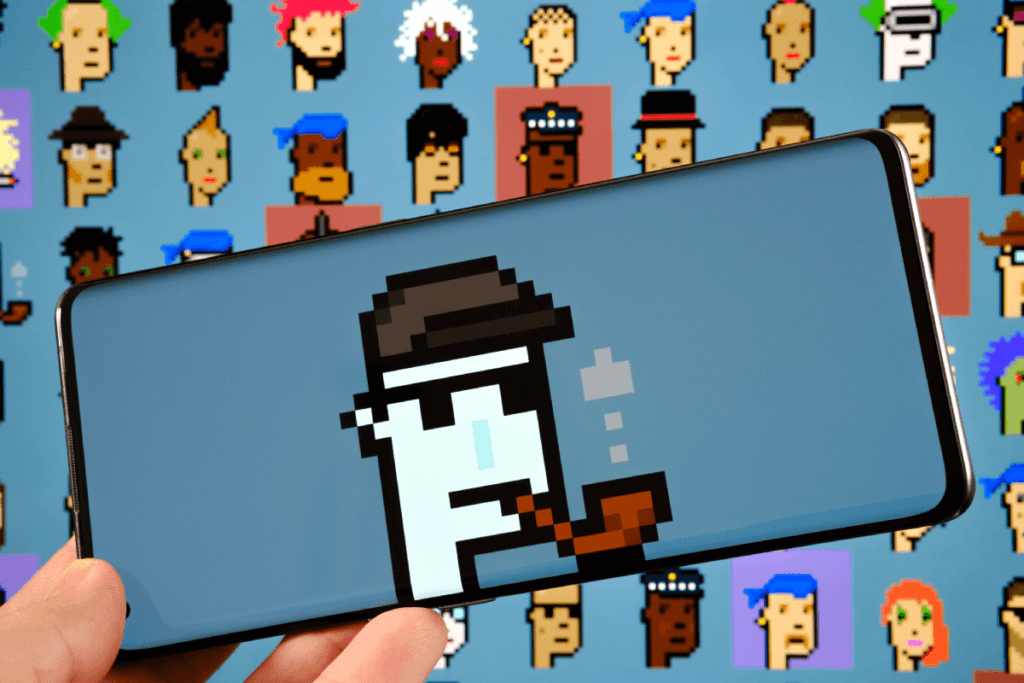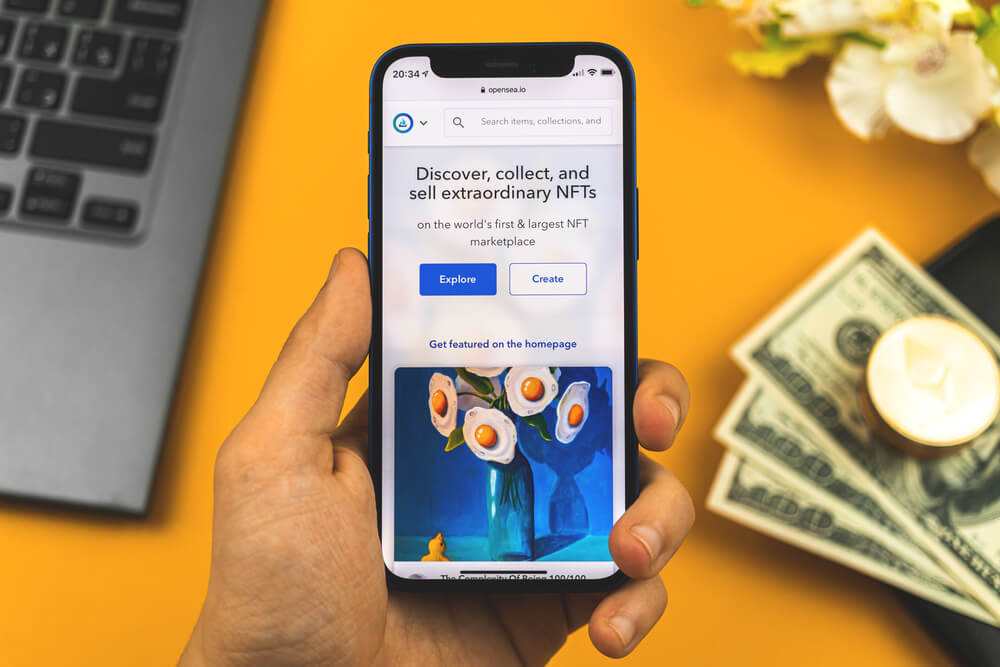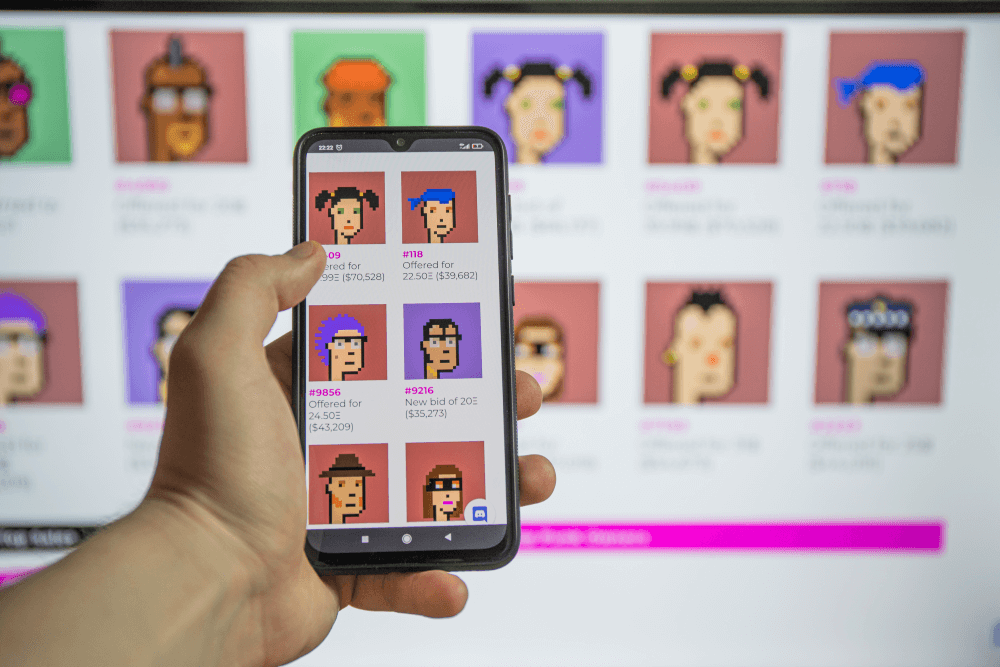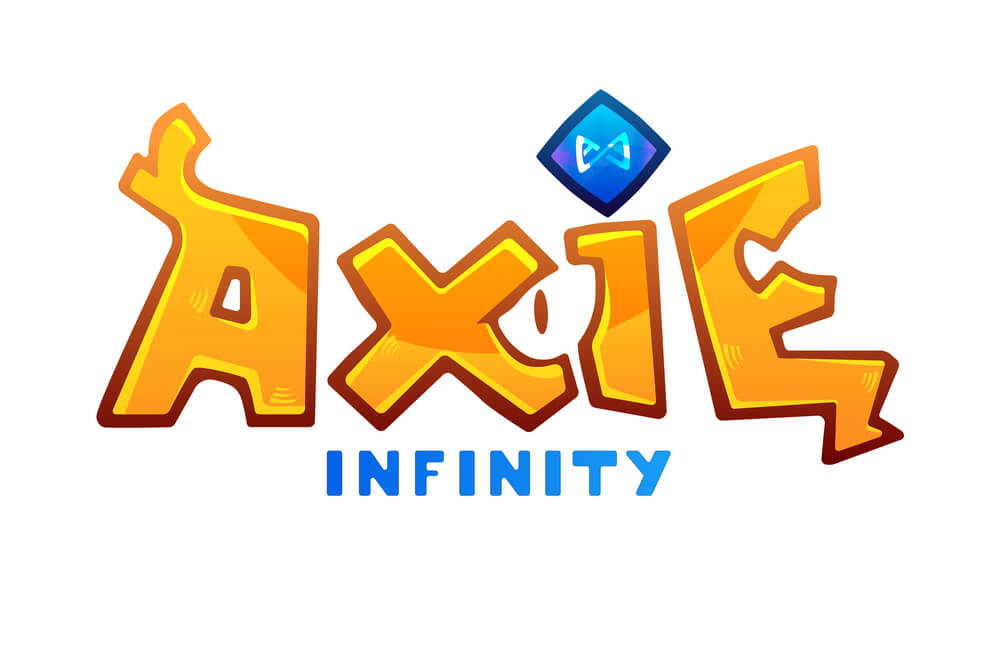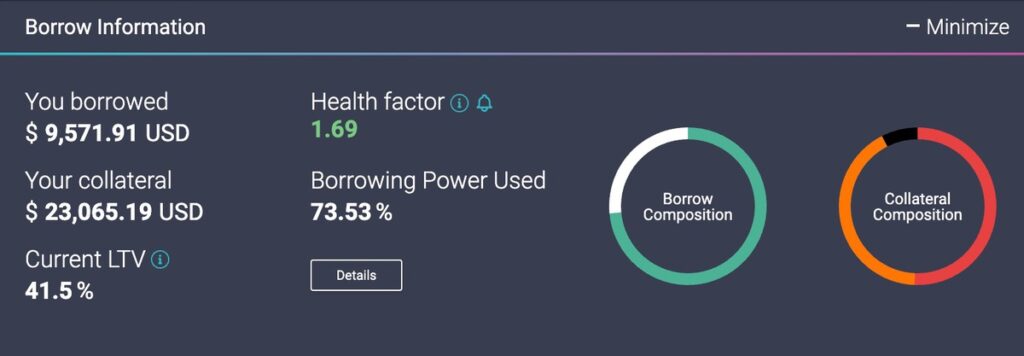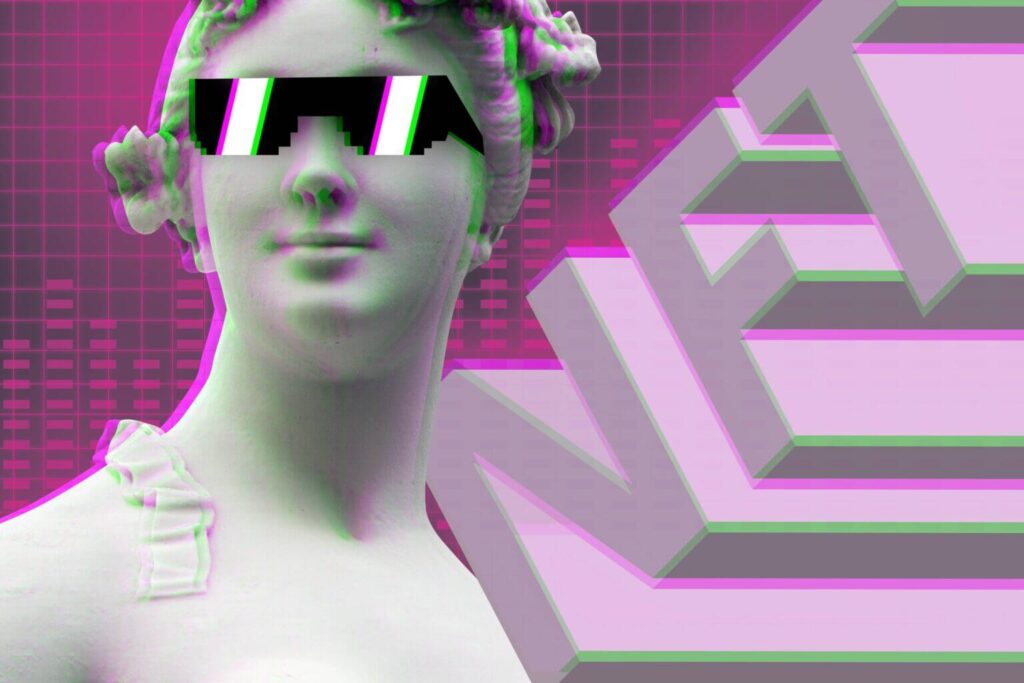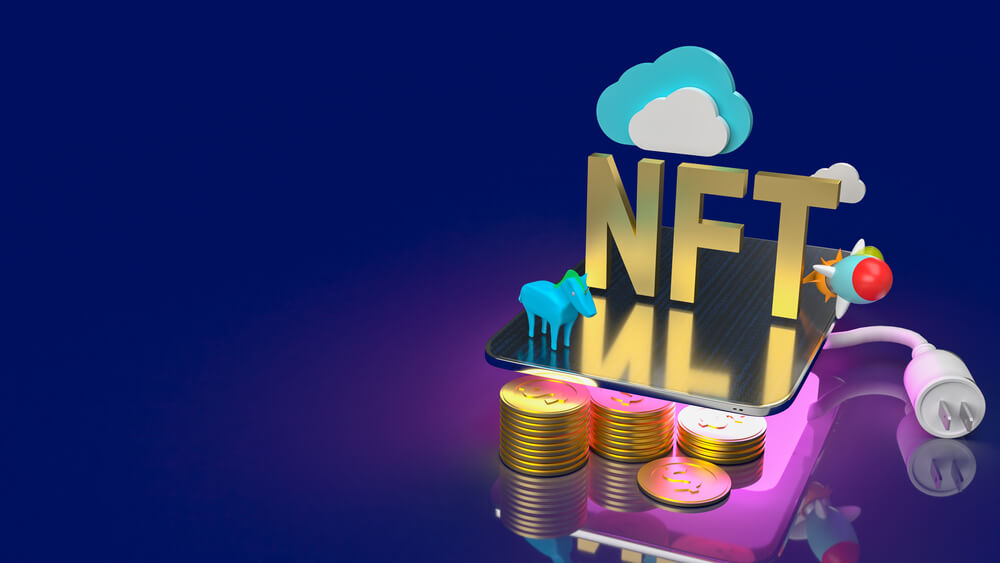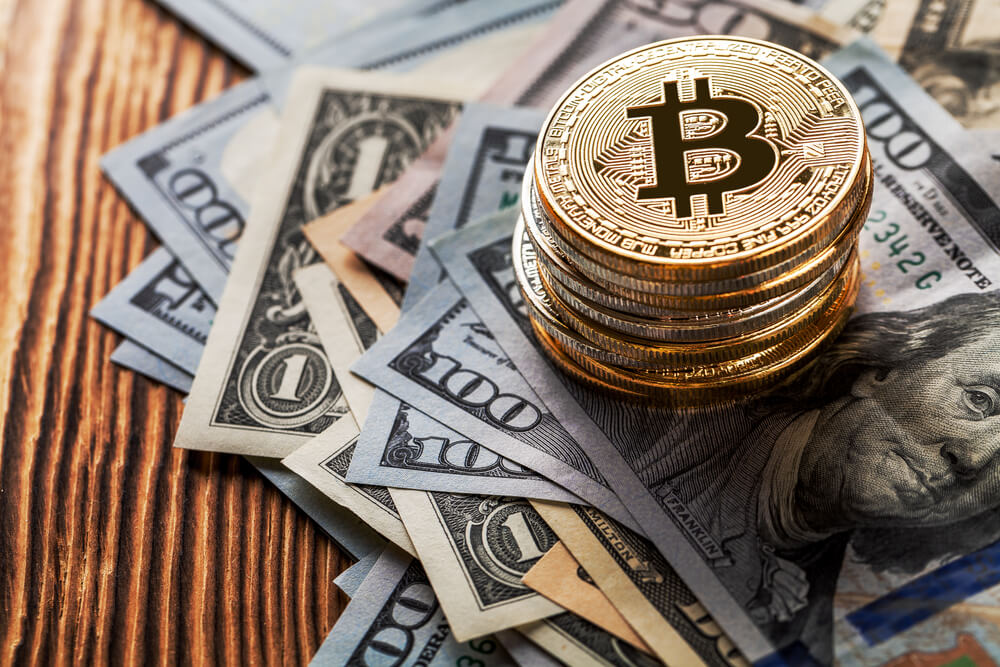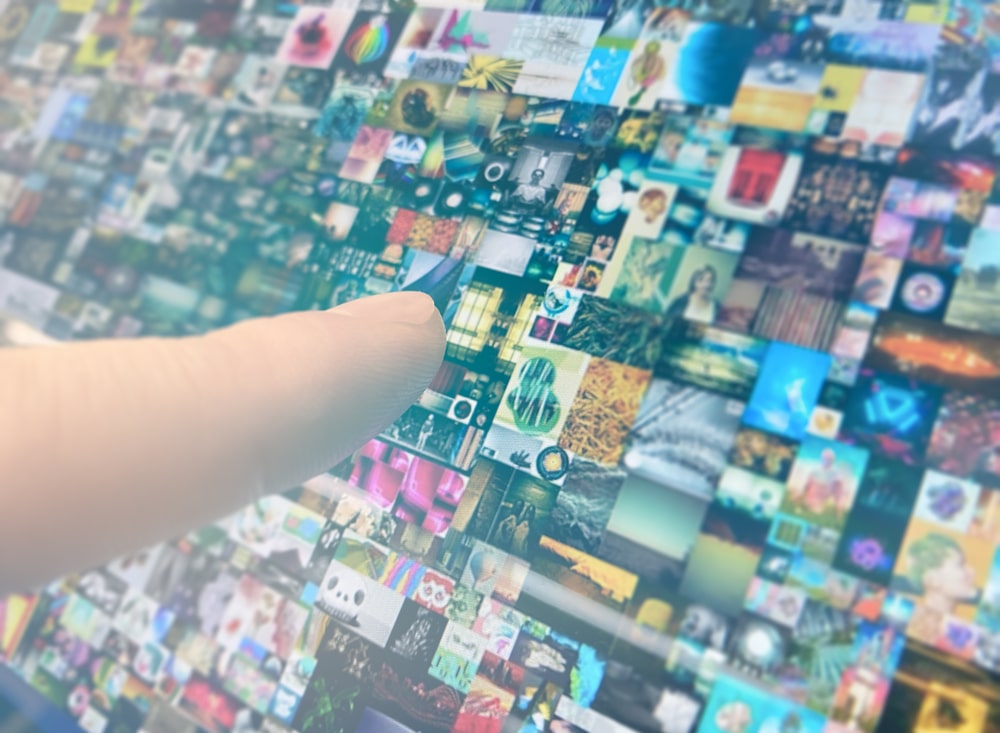Can Anyone Make An NFT?
NFTs are an ideal way of selling artwork and building a relationship with an audience. But can anyone make an NFT? Anyone can make an NFT on a marketplace like OpenSea. They’ll even cover the minting fees. All you have to do is follow these minting instructions: Send Eth to your Metamask Wallet Connect your Metamask …

